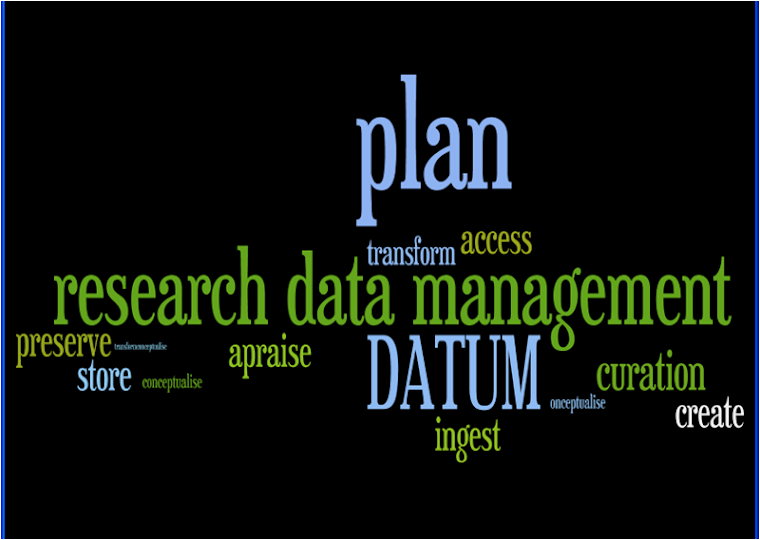An important precursor to completing and implementing a DMP is the establishment of RDM roles and responsibilities among the researchers on a project. These are often not implicitly considered by the researchers, or are assumed on the basis of long-term working relationships.
Guidance from funders seem to focus on the roles and responsibilities of the Principal Investigator (PI), the researchers’ organisation, data archive organisations and the funder themselves. Roles of other researchers (and possibly PhD students and other types of staff in large projects) are not listed.
The UK Data Archive lists the people who may be involved in data management:
- principal investigators designing research
- research staff or students collecting, creating, processing and analysing data
- external contractors with a role in data collection, collation or processing, e.g. transcribers
- support staff managing and administering research
- institutional IT services providing data storage, security and back-up services
- external data centres or archives who facilitate data sharing
The Medical Research Council’s (MRC) guidance for example gives the role of the PI as including, among other activities:
- ... ensuring confidentiality in accordance with ethical and legal requirements
- As custodian of the research data, they are responsible for making best use of the participants’ data, including through sharing, and for the integrity, security and quality of research data management, in accordance with institutional policies and recognised data standards
http://www.mrc.ac.uk/Ourresearch/Ethicsresearchguidance/datasharing/Policy/PHSPolicy/roles/index.htm
We have developed an initial idea of what RDM roles and responsibilities within a research team might comprise: we would welcome feedback and comment on this.
Principal Investigator
The PI’s role and responsibilities are to:
- Set the RDM culture and practice (based on good practice guidance) and delegate responsibilities as appropriate
- Make decisions (after consultation within the team) about issues such as data access, data sharing, long-term retention of data
- Develop (in consultation with the team) new RDM protocols/procedures and/or use/amend existing protocols: a team member could be delegated to scope and write these documents
- Ensure a DMP is developed and maintained: a team member could be delegated to do this
- Ensure that all RDM requirements (legal, funder, institutional, etc.) are included in the DMP
- Monitor RDM practices and ensure RDM requirements are met
- Manage and/or devolve responsibility for the project level documents and records i.e.
- proposal, action plan etc.
- reporting
- financial
- presentations, publications, outputs
- Obtain the necessary resources to conduct RDM, e.g. IT, allocation of responsibility for a team member to be a data controller
Researchers
- Follow the University policy and recommended best practice on RDM on an individual basis
- Follow good RDM practice on an individual basis
- Follow the project’s RDM practices for project activities (e.g. collecting/creating data, analysing data, producing outputs)
- Raise RDM issues with the PI for resolution
The EU Project Team have raised the issue of allocating one member of the project team to be a ‘data controller’. This is not strictly a data controller in the Data Protection sense, but a person who would see that the research data was managed in accordance with ethical requirements; that access controls were applied (as appropriate); that audit trails between the different stages of data processing/analysis, and version control, was maintained; that migration to accessible formats was undertaken (where necessary); that data was destroyed (where applicable, e.g. raw data), retained securely for the required retention period, or placed into the public domain.
